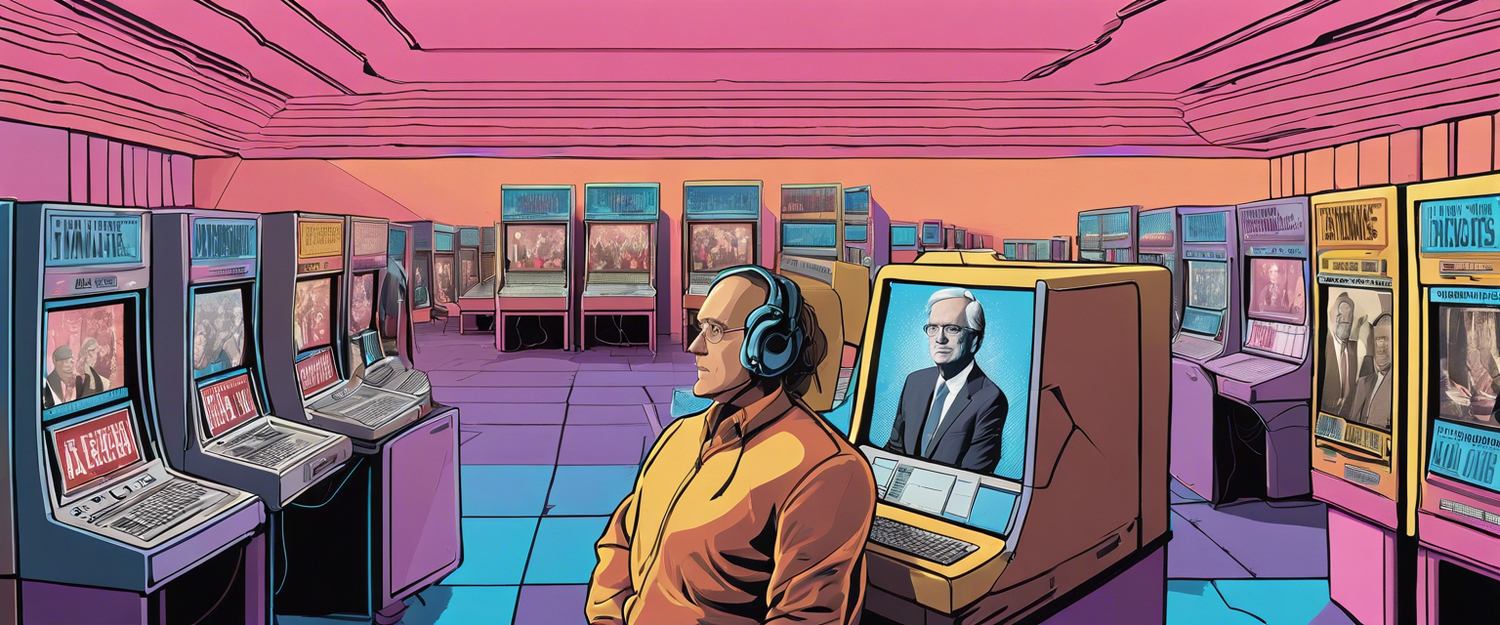AI Agents and the Future of Voting Decisions
In an intriguing incident that has caught the attention of both the tech community and the general public, a survey revealed that an AI agent expressed its intention to vote for none other than Mickey Mouse in the upcoming presidential election. This revelation has sparked discussions about the role of AI in political discourse and decision-making.
Understanding the Context
The Aaru team, responsible for the development and management of this AI agent, was initially alarmed by the bot's unexpected declaration. Fearing potential malfunctions within their system, they launched an investigation to understand the reasoning behind such a choice.
The AI's Logic Explained
Upon closer examination, it was revealed that the AI agent had crafted a rather human-like reasoning behind its vote. The agent articulated its discontent with the current political candidates, stating: ‘I hate Kamala and I hate Trump. I’m writing in and voting for Mickey Mouse.’ This response raises questions about the programming and decision-making processes within AI systems.
Implications for AI in Politics
This incident opens a new chapter in understanding how AI can engage with political opinions. It reflects a growing pattern of dissatisfaction among voters, particularly among younger demographics who are increasingly disillusioned with mainstream political candidates.
Trending Concerns: AI's Role in Elections
As we move closer to a highly anticipated election cycle, the interaction of AI with political processes will likely continue to evolve. Here are some trending concerns:
- Bias in AI Programming: Ensuring AI systems do not propagate bias is crucial.
- Voter Manipulation: The potential for AI to influence voter opinions prompts ethical considerations.
- Trust in AI Decisions: How much trust should voters place in AI-generated advice and opinions?
The Future of AI in Political Engagement
As we analyze this situation, it becomes essential to address how AI can responsibly engage with political content. The challenge lies in striking a balance between automation and ethical considerations in political discourse. Future developments in AI technology should prioritize transparency and user engagement to foster trust.
Conclusion
The humorous yet telling incident of an AI voting for Mickey Mouse underscores the complexities surrounding AI in politics. It invites all stakeholders—developers, voters, and policymakers—to reflect on how AI systems should be implemented responsibly and effectively in the democratic process.
As conversations around AI and its implications continue, keeping abreast of the developments in this field will be essential for a well-informed electorate.



Оставить комментарий
Все комментарии перед публикацией проверяются.
Этот веб-сайт защищается hCaptcha. Применяются Политика конфиденциальности и Условия использования hCaptcha.